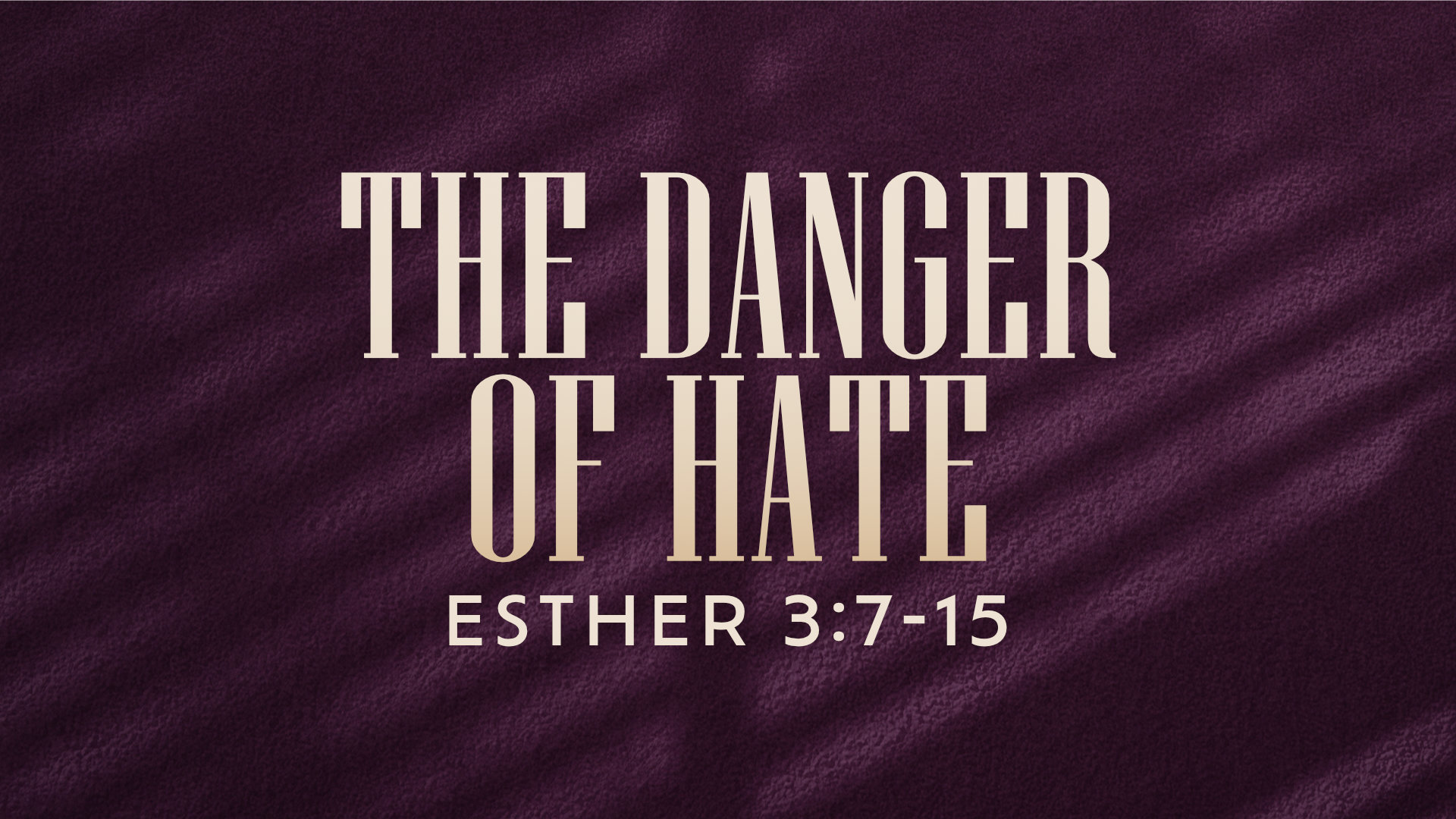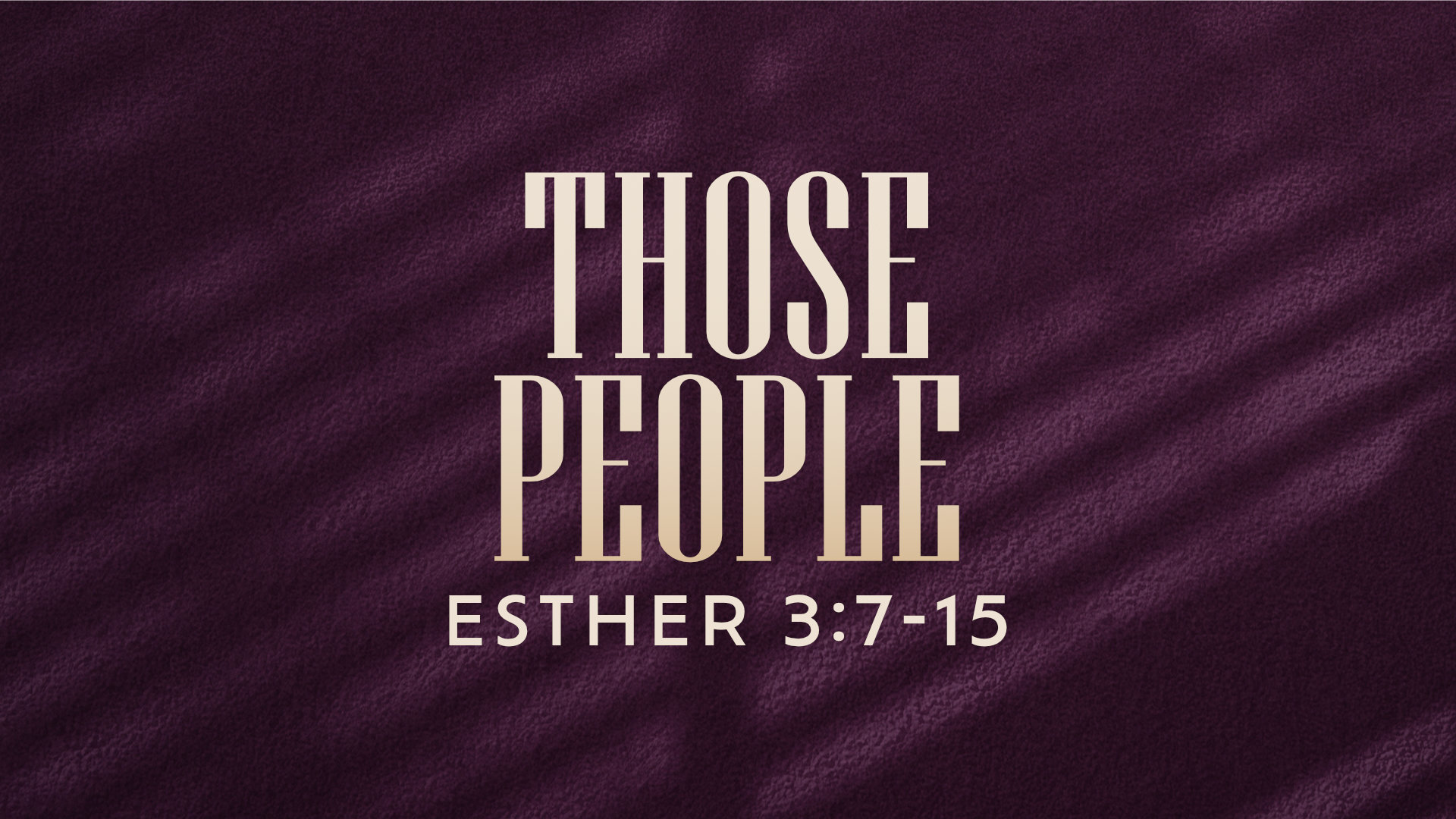Revering God and Respecting Others
After the Ten Commandments, God provided Moses with additional instructions that seemed varied and extensive. At the heart of these commandments, we understand that God is expounding on how we fulfill the first ten in our respect for Him and others.
Culture
Revering God and Respecting Others
After the Ten Commandments, God provided Moses with additional instructions that seemed varied and extensive. At the heart of these commandments, we understand that God is expounding on how we fulfill the first ten in our respect for Him and others.
Observations
- God provided practical instructions through civil laws for ethical obedience to the Ten Commandments.
- A culture can only function with some authority guiding how to handle one another.
- Elevated above the civil standards of this nomadic tribe is the unchanging heart of God toward just interactions.
- Worship should be free from idols (buildings, altars, locations) and distractions (20:22-26).
- Slavery in the Old Testament was more contract employment than the sinful examples we have seen in our history (21:1-11).
- Intentional harm to another must be lawfully punished in a way that fits the crime (21:12-32).
Applications
- God’s holiness bears weight upon the everydayness of our lives.
- Marvel at the fact that the Almighty God wants you to interact with Him – not a symbol of Him.
- Consider how your wardrobe might distract others from focusing on God.
- Don’t be shocked that this world is still reeling from the effects of religious people defending immoral slavery.
- We cannot be enablers to allow violent behavior to avoid reasonable punishment.































